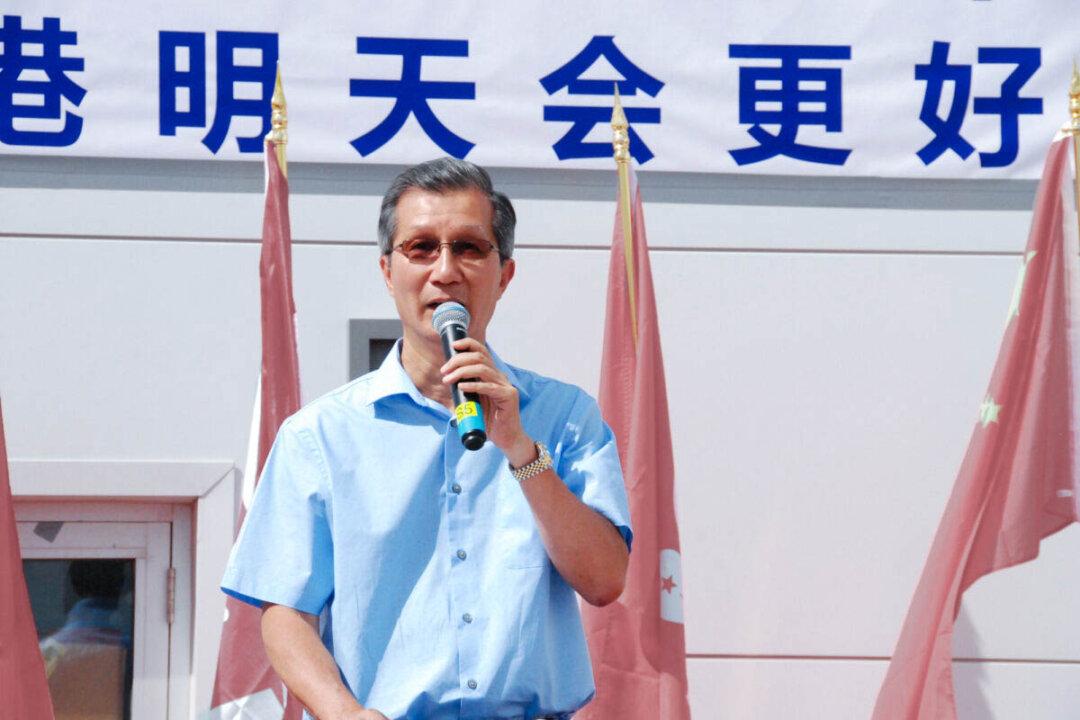Markham Deputy Mayor and former Ontario cabinet minister Michael Chan celebrated the 75th anniversary of the founding of communist-led China in a speech on Sept. 29, praising key policy items of leader Xi Jinping and the Chinese Communist Party’s (CCP) rule over China.
In his speech, delivered at a ceremony in Toronto also attended by Cheng Hongbo, China’s acting consul-general, Chan said the CCP has made China a powerful country, and that there have been no massacres in China with the CCP in power.






